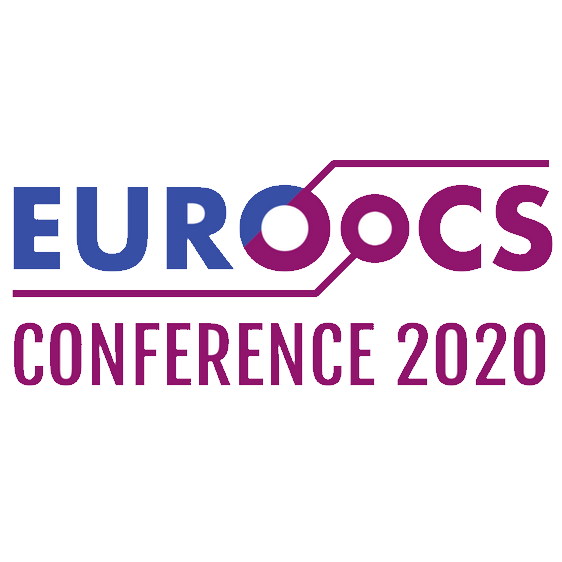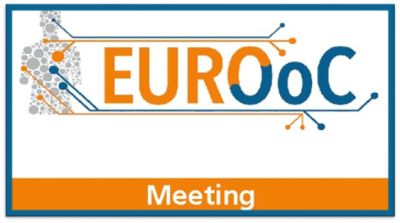The 2nd annual conference on organs-on-chip will be held as an online virtual meeting organised by the University of Twente in the Netherlands on July 8-9 2020!
The meeting gathers researchers from academia, regulatory agencies and industry in an open and dynamic environment, featuring plenary presentations, invited talks, contributed oral presentations and poster sessions to discuss all aspects of organs-on-chip ranging from stem cell technology, integration of sensors, fabrication of microfluidic systems and end-user applications. In 2018, the meeting held in Stuttgart attracted more than 100 delegates and the 2019 meeting in Graz saw more than 200 participants. We are aiming to set a new record in Uppsala and we hope for your support!
Abstract submissions is open and will close on March 1st 2020.
The 2nd annual conference on organs-on-chip will be held as an online virtual meeting organised by the University of Twente in the Netherlands on July 8-9 2020!
The meeting gathers researchers from academia, regulatory agencies and industry in an open and dynamic environment, featuring plenary presentations, invited talks, contributed oral presentations and poster sessions to discuss all aspects of organs-on-chip ranging from stem cell technology, integration of sensors, fabrication of microfluidic systems and end-user applications. In 2018, the meeting held in Stuttgart attracted more than 100 delegates and the 2019 meeting in Graz saw more than 200 participants. We are aiming to set a new record in Uppsala and we hope for your support!
Abstract submissions is open and will close on March 1st 2020.
Our next consortium meeting will take place online on 6 and 7 July 2020. In addition to an exchange of the latest results and progresses, we will hear a lecture on Scientific Writing, held by the University of Uppsala. This is followed by the seminar “Gender Aspects of Cell and Tissue Engineering”, organised by the German Federal Institute for Risk Assessment and the Dutch National Institute for Public Health and the Environment. In addition, the Graz University of Technology provides the ESRs with a workshop on Entrepreneurship, Commercialisation, and IP.
Our next consortium meeting will take place online on 6 and 7 July 2020. In addition to an exchange of the latest results and progresses, we will hear a lecture on Scientific Writing, held by the University of Uppsala. This is followed by the seminar “Gender Aspects of Cell and Tissue Engineering”, organised by the German Federal Institute for Risk Assessment and the Dutch National Institute for Public Health and the Environment. In addition, the Graz University of Technology provides the ESRs with a workshop on Entrepreneurship, Commercialisation, and IP.
The next edition of the EUROoc Newsletter
will be published on 15th May 2020!
First edition of the newsletter
Second edition of the newsletter
Stay tuned and subscribe!
Submitted abstracts will be selected either for an oral presentation or for the interactive poster session.
Deadline for abstract submission: 1 March 2020
Deadline for abstract selection: 1 April 2020
Please note that all accepted abstracts will be made freely available on the EUROoCS website so do not include any confidential material.
The EUROoC Month 15 Meeting & Mid-term Check will be hosted by
the Leiden University Medical Center (LUMC) in the Netherlands and
will take place on February 11th and 12th 2020.
The EUROoC Month 15 Meeting & Mid-term Check will be hosted by
the Leiden University Medical Center (LUMC) in the Netherlands and
will take place on February 11th and 12th 2020.
The 2019 European Partnership for Alternative Approaches to Animal Testing Annual Conference will take place on Tuesday, 29th October 2019 in Brussels, Belgium.
More information on EPAA and the conference can be found on the European Commissions website.
The European Society for Alternatives to Animal Testing (EUSAAT) will hold its 19th Annual Congress as well as the 22nd European Congress on Alternatives to Animal Testing from 10th to 13th October 2019 in Linz, Austria.
Please see the EUSAAT website for more information.


